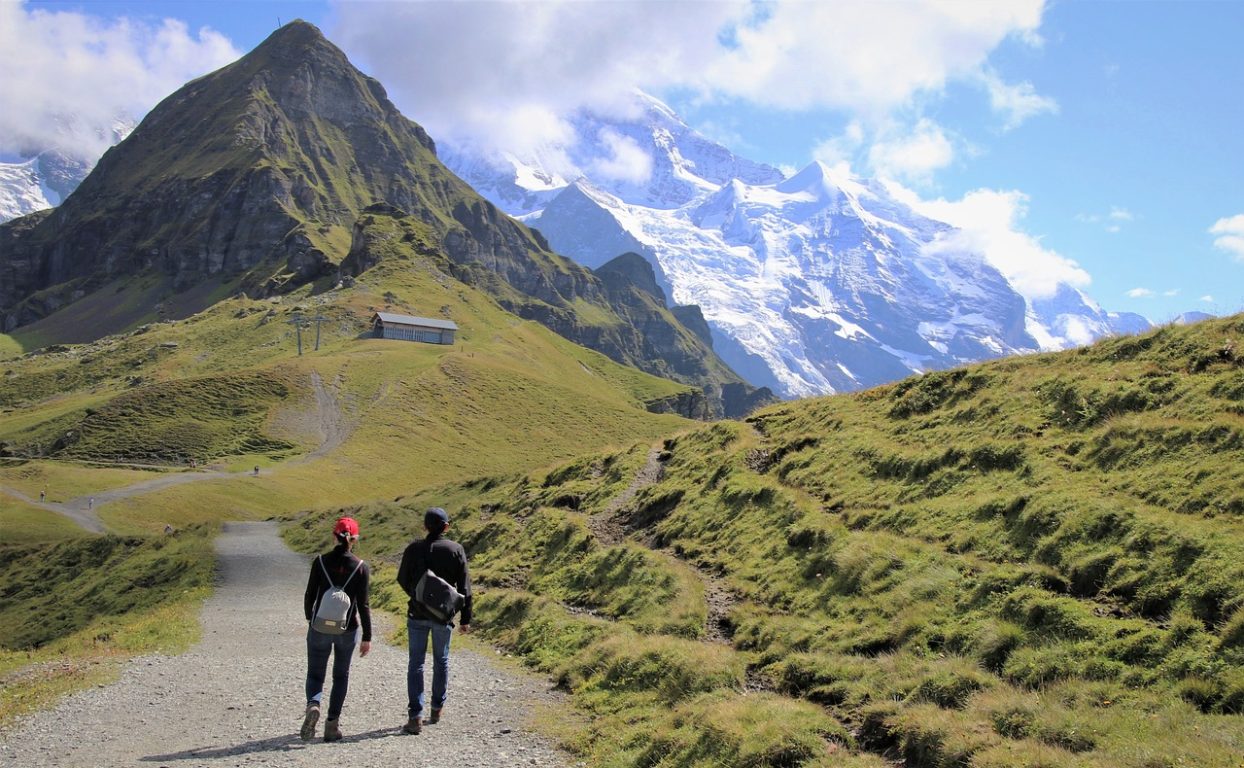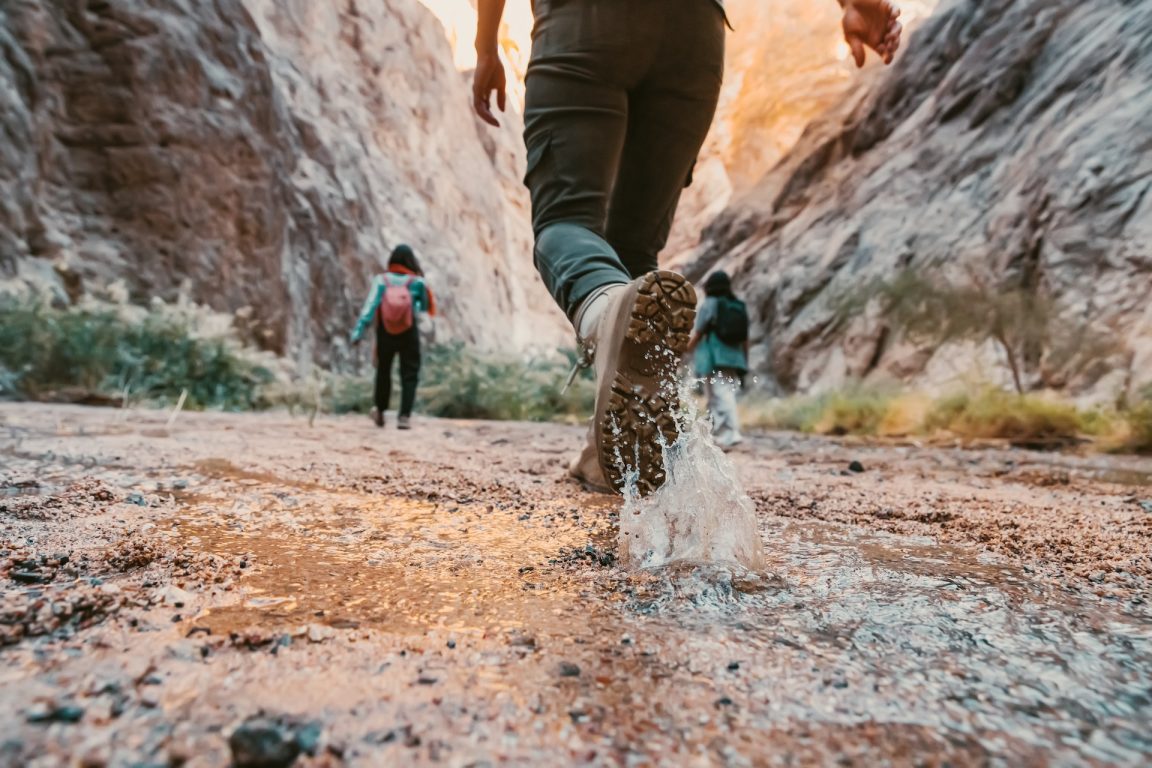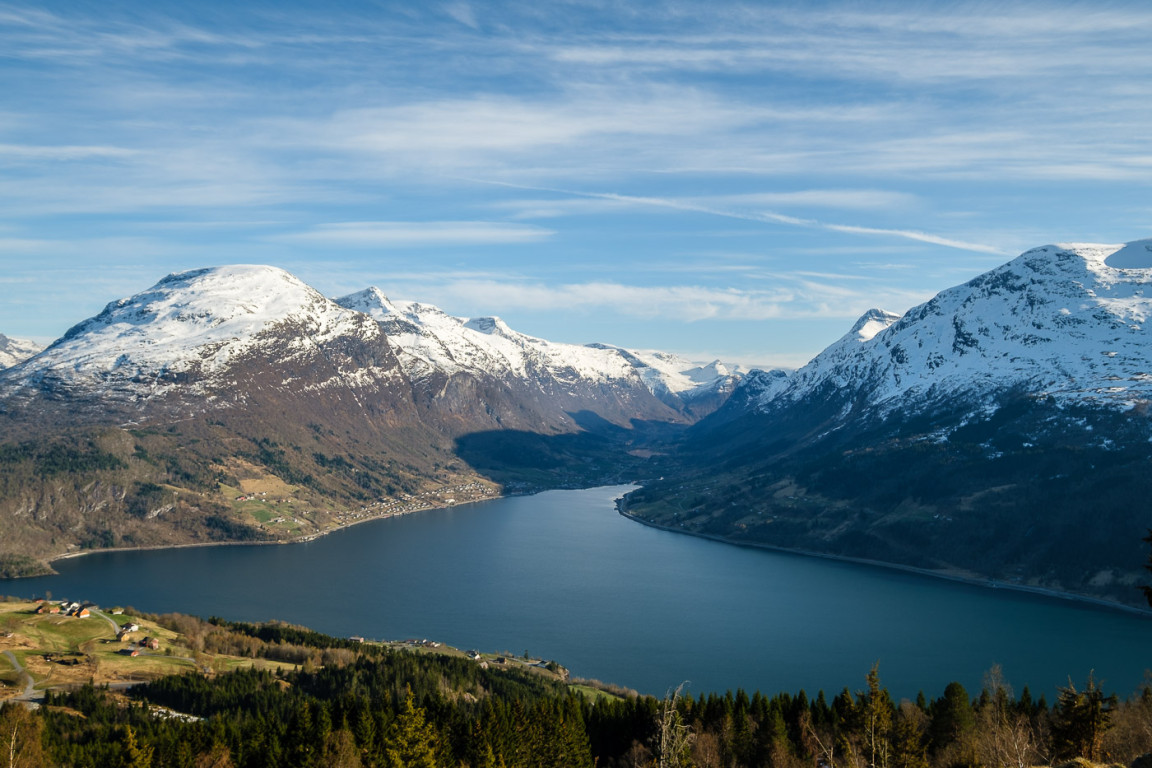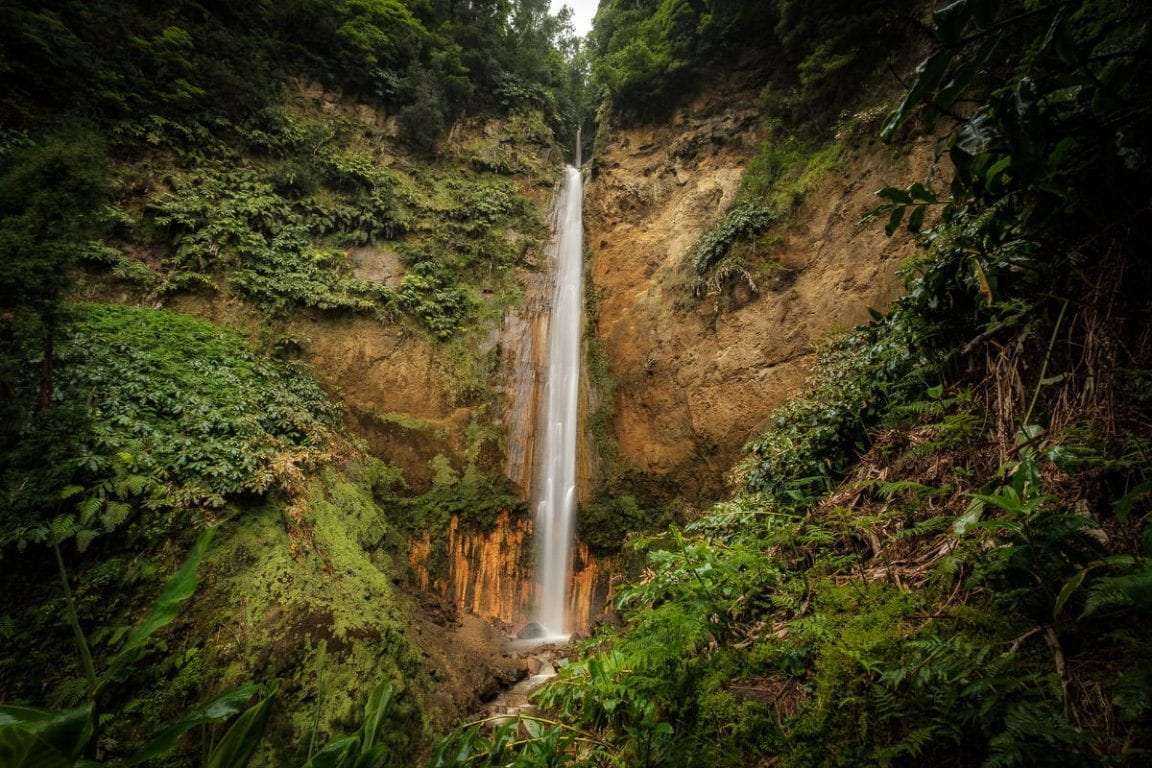Ecotourism is a sustainable travel philosophy that unites conservation, communities, and education. It’s about minimizing our impact, respecting diverse cultures and environments, and learning to appreciate the natural world. This comprehensive guide explores the principles and benefits of ecotourism, providing practical tips for becoming an ecotourist and making a positive impact on the places we visit. Whether you’re a seasoned traveller or planning your first adventure, discover how you can travel in a way that respects and benefits our beautiful planet.
What is Ecotourism?
Ecotourism as mentioned by Earth.org is a form of sustainable travel that supports the local environment instead of putting more pressure on it and seeks to educate the traveler. It’s about uniting conservation, communities, and sustainable travel. This means that those who implement and participate in ecotourism activities should follow the following principles:
- Minimize physical, social, behavioural, and psychological impacts.
- Build environmental and cultural awareness and respect.
- Provide positive experiences for both visitors and hosts.
- Deliver memorable interpretative experiences to visitors that help raise sensitivity to host countries’ political, environmental, and social climates.
These principles are the foundation of ecotourism and are what set it apart from traditional tourism. But how do these principles translate into real-world practices? Let’s take a closer look.

Minimizing Impact
Ecotourism aims to minimize the physical, social, and psychological impact of tourism. This means travelling in a way that conserves the environment and respects local cultures. For example, this could mean choosing to stay in a locally-owned eco-lodge that uses renewable energy and has water-saving measures in place. It could also mean following local customs and traditions, such as dressing modestly in certain places or refraining from touching sacred objects.
Building Awareness and Respect
Ecotourism is as much about education as it is about travel. It’s about learning to appreciate the complexity and beauty of different ecosystems and cultures. This might involve taking part in guided tours with knowledgeable local guides who can share insights about the local flora and fauna, or it could mean visiting local communities and learning about their ways of life.
Providing Positive Experiences
Ecotourism aims to create positive experiences for both visitors and hosts. This means ensuring that tourism activities are beneficial to local communities and that visitors have a rewarding and enriching experience. This could involve ensuring fair wages for local guides, supporting local businesses, or participating in volunteer projects.
Delivering Interpretative Experiences
Finally, ecotourism is about delivering interpretative experiences that help raise sensitivity to the host country’s political, environmental, and social climates. This means providing opportunities for travellers to engage deeply with the places they visit, understand their complexities, and reflect on their own impact.
Benefits of Ecotourism
Ecotourism has numerous benefits, not just for the environments and communities it supports, but also for the travellers themselves. Here are just a few:
Conservation
By promoting the value of natural environments, ecotourism provides a practical reason for preserving them. This can lead to the establishment of new protected areas, the conservation of critical habitats, and the preservation of biodiversity. For example, in Costa Rica, a country known for its commitment to ecotourism, the revenue generated by national parks and reserves contributes significantly to the protection and management of the country’s protected areas.
Community Empowerment
Ecotourism often helps local communities by providing jobs and opportunities for sustainable business ventures. This can lead to improved livelihoods, increased income, and enhanced social status, particularly for women and indigenous peoples. For instance, in the Maasai Mara region of Kenya, local Maasai communities have established their own conservancies and eco-lodges, providing employment opportunities and generating income that is reinvested back into community projects.
Education
For travellers, ecotourism offers a chance to learn more about natural and cultural histories. This can lead to increased understanding and appreciation of different cultures and ecosystems and can inspire travellers to become more engaged in conservation efforts. For example, a traveller who has had the chance to see orangutans in the wild during an ecotourism trip to Borneo may be more likely to support orangutan conservation efforts in the future.
Experience
Ecotourism often involves unique experiences that conventional tourism doesn’t offer, like seeing wildlife in their natural habitats or learning about local cultures firsthand. These experiences can be incredibly rewarding and memorable and can provide travellers with a deeper connection to the places they visit.
Discover more benefits of ecotourism here.
How to Be an Ecotourist
Being an ecotourist means more than just choosing certain destinations. It’s about making sustainable choices throughout your trip, from the activities you choose to the products you buy. Here are some tips:
Do Your Research
Before you book, research destinations and providers to ensure they follow sustainable practices. Look for certifications from reputable organizations like the Global Sustainable Tourism Council or the Rainforest Alliance. For instance, when booking your accommodation, consider using Booking.com, a platform that offers a wide range of eco-friendly hotels and guesthouses.
Support Local
Choose local guides, stay in locally-owned accommodations, and buy local products. This not only supports the local economy but also gives you a more authentic experience. For example, when renting a car, consider using Discovercars, a platform that allows you to compare prices from dozens of local car rental companies.
Respect Nature
Follow guidelines for interacting with wildlife and natural environments. Don’t litter or disturb animals. Stay on marked trails to avoid damaging fragile habitats. And always remember the ecotourist’s motto: “Take only pictures, leave only footprints.”
Educate Yourself
Learn about the local culture and environment. The more you understand, the more you’ll appreciate and respect your destination. This could involve reading books or articles, attending local cultural events, or taking part in educational tours.
Ecotourism and You: Making a Difference

As an ecotourist, you have the power to make a positive impact on the places you visit. By choosing to travel in a way that respects and benefits local communities and the environment, you’re contributing to the conservation of our planet’s precious natural and cultural heritage.
But ecotourism isn’t just about what you do when you’re on vacation. It’s a mindset that you can incorporate into your everyday life. This could involve making sustainable choices at home, like reducing your energy consumption or recycling, or it could mean advocating for environmental and social issues in your community.
Remember, every small action counts. Even if you can’t travel right now, you can still support ecotourism by learning about it and sharing its principles with others. Together, we can make a difference.
Conclusion
Ecotourism is more than just a trend; it’s a commitment to travelling in a way that respects and benefits local communities and the environment. By choosing ecotourism, you’re not only making a positive impact on the places you visit, but you’re also likely to have a more meaningful and memorable travel experience.
So, how can you start your journey towards becoming an ecotourist?
First, educate yourself. Read about the principles and benefits of ecotourism, and learn about the cultures and environments of the places you plan to visit.
Next, make conscious choices. Choose eco-friendly accommodations, support local businesses, respect local customs and the environment, and opt for activities that contribute to the conservation of natural and cultural heritage.
The Ecotourism Resorts You Need to Visit is always a good way to start.
Finally, share your experiences and knowledge. Inspire others to embrace ecotourism by sharing your travel stories and the lessons you’ve learned.
Remember, ecotourism isn’t just about seeing the world; it’s about changing it for the better.
FAQ
How can I be an ecotourist?
Being an ecotourist means making sustainable choices throughout your trip, from the activities you choose to the products you buy. This includes doing your research before you book to ensure destinations and providers follow sustainable practices, supporting local businesses, respecting nature, and educating yourself about the local culture and environment.
How does ecotourism contribute to conservation?
By promoting the value of natural environments, ecotourism provides a practical reason for preserving them. This can lead to the establishment of new protected areas, the conservation of critical habitats, and the preservation of biodiversity. Revenue generated by ecotourism often contributes significantly to the protection and management of protected areas.
How does ecotourism benefit local communities?
Ecotourism often helps local communities by providing jobs and opportunities for sustainable business ventures. This can lead to improved livelihoods, increased income, and enhanced social status, particularly for women and indigenous peoples. By choosing local guides, staying in locally-owned accommodations, and buying local products, you are directly supporting the local economy.
How can I support ecotourism when I’m not traveling?
Supporting ecotourism isn’t just about what you do when you’re on vacation. It’s a mindset that you can incorporate into your everyday life. This could involve making sustainable choices at home, like reducing your energy consumption or recycling, or it could mean advocating for environmental and social issues in your community. You can also support ecotourism by learning about it and sharing its principles with others.





